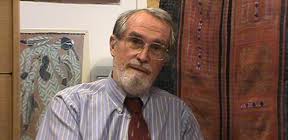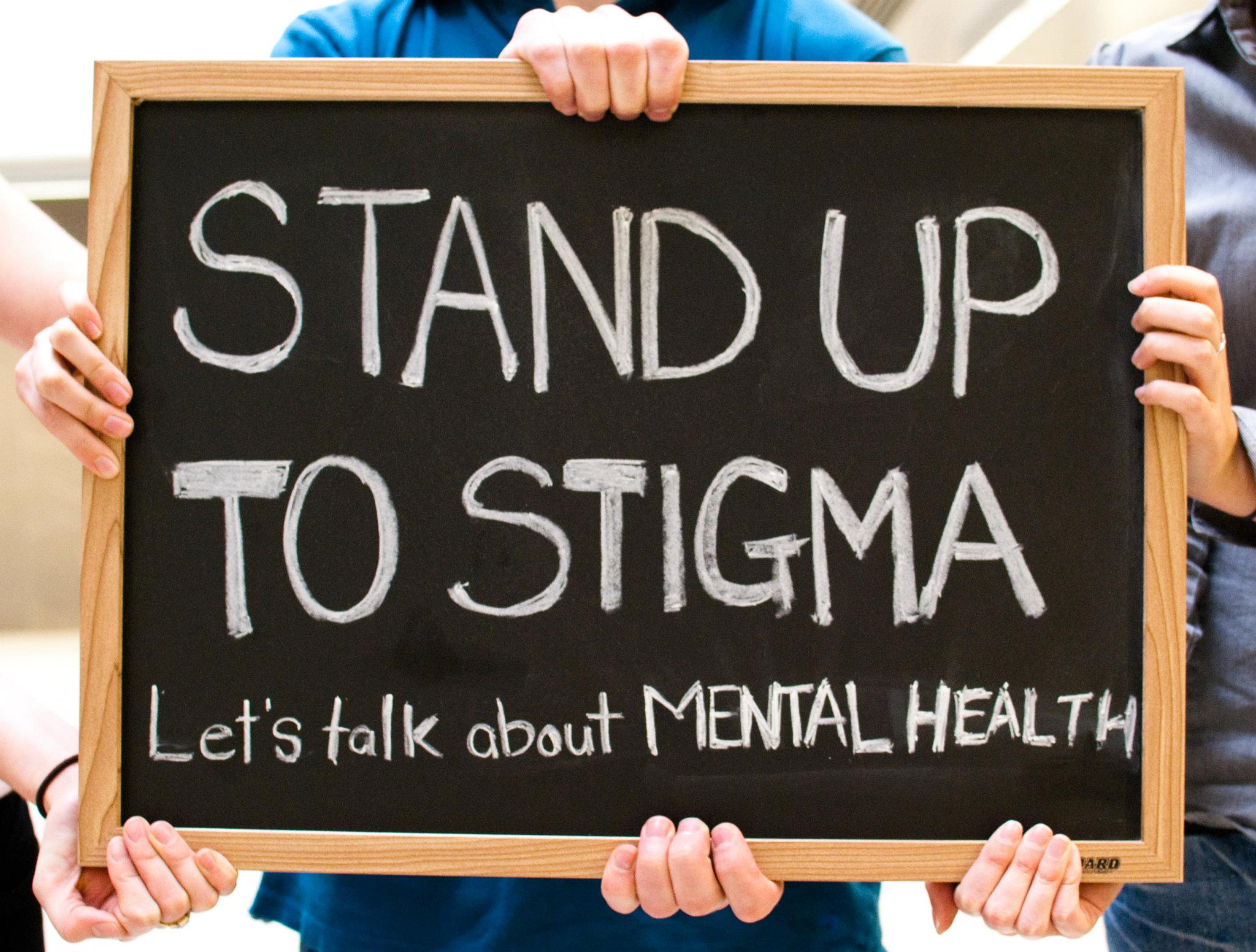Love him or hate him, Dr. E. Fuller Torrey continues to be a prolific and powerful voice in mental health. In an article published yesterday in The National Review, the soon to be seventy-six year old psychiatrist joined with his protege, D. J. Jaffe, in attacking SAMHSA and in questioning the White House’s current campaign to reform our mental health system. 
Even though Torrey has contracted Parkinson disease, he has authored yet another book. AMERICAN PSYCHOSIS: How the Federal Government Destroyed the Mental Illness Treatment System will be published in October, which is not only mental health awareness month, but also marks the 50th anniversary of the signing of the federal Community Mental Health Act.
Torrey begins his book by explaining why President John F. Kennedy made mental health a priority. According to advance publicity for Torrey’s book, the impetus came from within his own family.
Though he never publicly acknowledged it, the program was a tribute to Kennedy’s sister Rosemary, who was born mildly retarded and developed a schizophrenia-like illness. Terrified she’d become pregnant, Joseph Kennedy arranged for his daughter to receive a lobotomy, which was a disaster and left her severely retarded.
In a blurb for the book, Jeffrey A. Lieberman, MD, President Elect, American Psychiatric Association and a controversial figure in his own right, writes: “Torrey is the Dorthea Dix of our time.”
Click to continue…
 I received the following email from NBC news about a
I received the following email from NBC news about a





